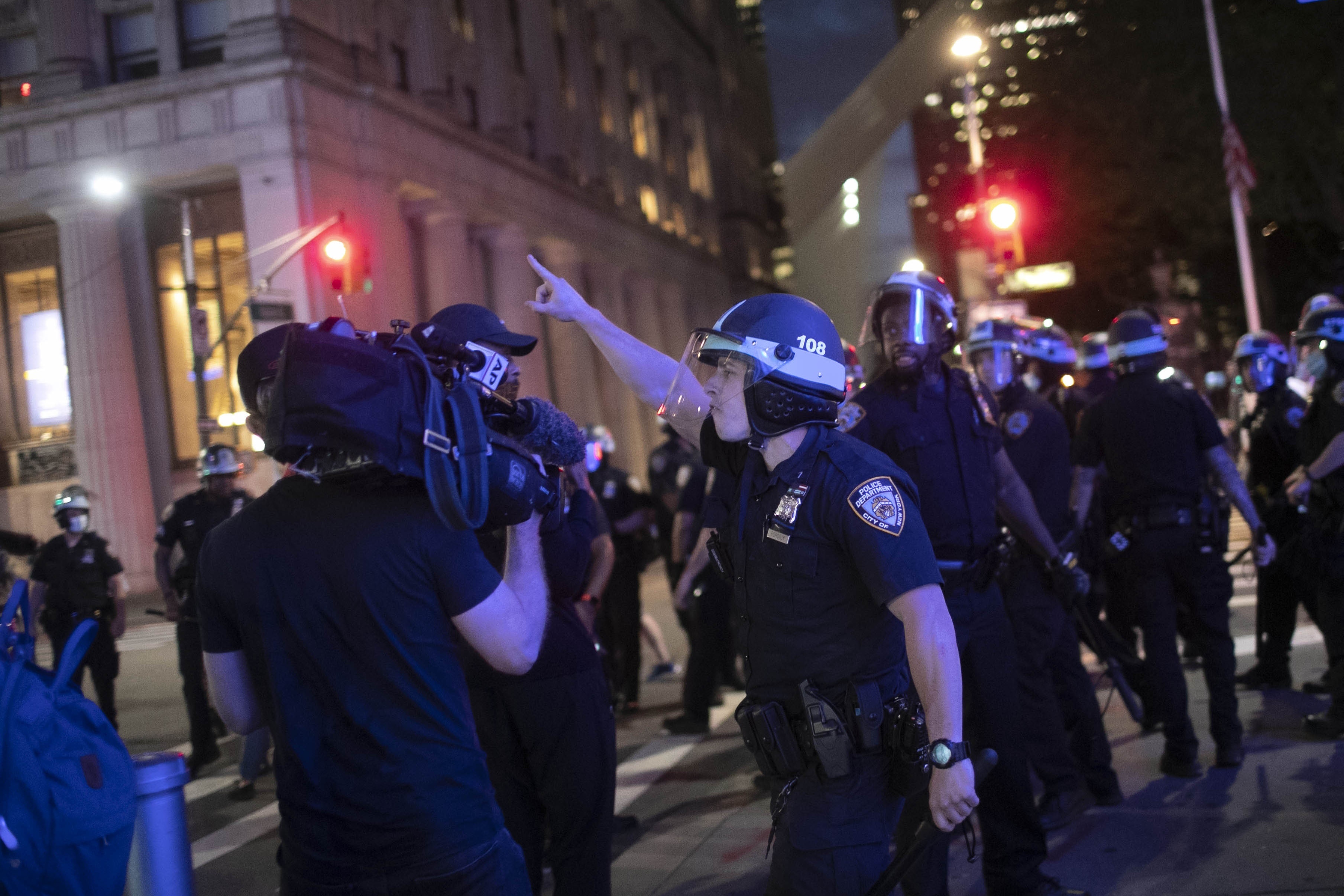
John Michael Greer -- Archdruid Report
Nov. 15, 2006 -- Human beings make sense of their lives by telling stories, and the tools of narrative fiction have enormous value for putting facts in context -– especially when the context is as unfamiliar as the aftermath of peak oil will be to most people in the industrial world. With this excuse, if any is needed, I’ve sketched out the first of three glimpses of what life might be like for an average American family in the deindustrial future. This one’s set in 2050, about 40 years postpeak, during a respite from one of the first waves of catabolic collapse.
Jane tucked the pie into the oven, wound the timer, and allowed a smile. Though her last name was Average, courtesy of some forgotten Ellis Island clerk who garbled the Eastern European surname of her husband’s great-great-grandfather, she felt better than average this Christmas. She felt lucky, special. They’d been able to get a Thanksgiving turkey and a Christmas ham, for the first time since the war, and though they’d had to hoard ration coupons all year to do it, she didn’t regret all those dinners of squash and beans from the garden. There were presents for the children, candles for the table, more than enough food for all: just like old times.
For the first time in years, things looked bright and the future didn’t seem quite so threatening. She and Joe both had good jobs at a metal recycling plant; she did bookkeeping, and he’d just been promoted to shift foreman. Nothing the company depended on was about to hubbert, too, so their jobs would be around for a while. Inflation was down to 20 percent a year after the last currency reform, which was a big improvement. Food was still expensive, but at least you could count on getting it, and electricity was cheaper since the new solar plant went online last spring. All in all, life was good.“Honey?” Joe’s voice, calling from the living room. “Everybody’s ready.”
“Pie’s just in. I’m on my way,” She took off the oven mitts and went out of the kitchen to where Joe and the children were waiting.
Memories from Jane’s childhood jarred against the little living room, with its single bare light bulb and the radio playing tinny holiday music in one corner. Back then, Christmas meant snow, colored lights, the balsam scent of a Christmas tree, crowds of relatives from all over, TV and internet entertainment blaring in the background. All of that was long gone, of course. Jane hadn’t seen snow since the big methane spike in ’24 sent the climate reeling. Electricity cost too much to waste on lights, and nobody cut down trees these days, though it wasn’t a labor camp offense the way it was when fuel ran short during the war. Traveling across country was for soldiers, prisoners, government officials, and the very rich. TVs were too expensive for most people, and the government and the army hoarded what was left of the internet after e-warfare and electricity shortages got through with it. Still, there were cards and decorations on the Christmas shelf, and stockings to hang underneath.
more
READ MORE: Archdruid Report
{mos_sb_discuss:2}






